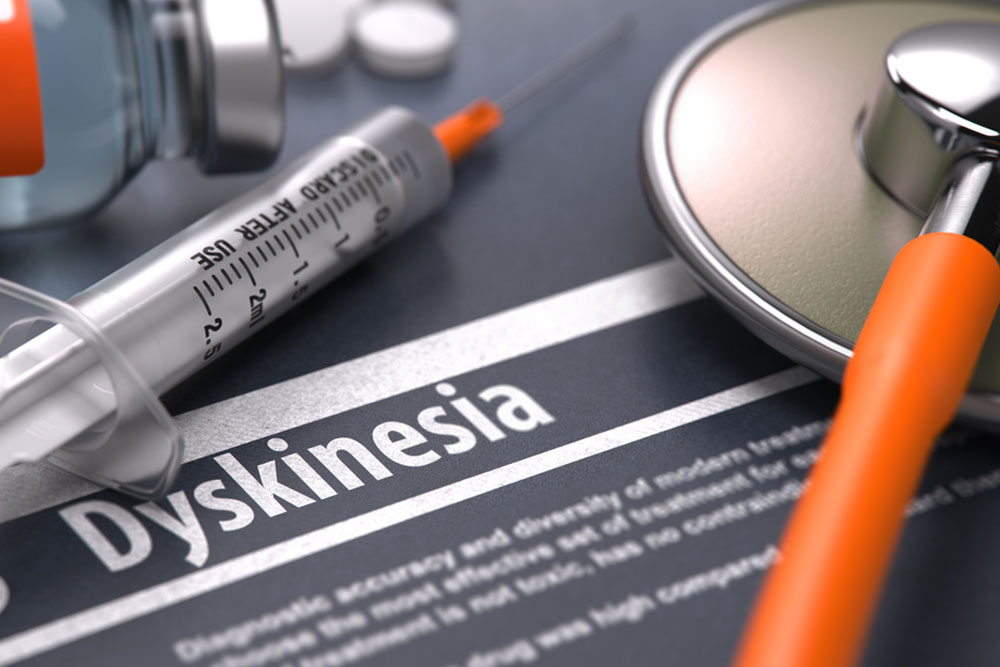
Diseases & Conditions
An overview of the symptoms and causes of dyskinesia
An overview of the symptoms and causes of dyskinesia Dyskinesia is a movement disorder that is characterized by involuntary muscle movement. It usually affects the head, or the arms and sometimes the entire body. It could also be painful. While suffering from dyskinesia, a person can experience mild to debilitating discomfort. Based on the type and severity of the condition, it could affect your daily activities as well. The frequency and the intensity of the condition cannot be predicted. Dyskinesia is often observed in people suffering from Parkinson’s disease. It could be caused due to levodopa treatment, which continues for a long time. It may also occur in people with movement disorders and is not restricted to Parkinson’s patients alone. People with brain injuries or others who take antipsychotic medications could also experience the condition. These uncontrollable movements could be as mild as minor body twitches to complete movement of the body. Facts about dyskinesia Dyskinesia starts out as minor fidgets or movements that are abnormal and uncontrollable in the dominant hand or foot. It could be a minor shake or tremor. The causes of dyskinesia may vary depending on the type of the condition. People who suffer from dyskinesia due to autism could benefit from behavioral therapy.





